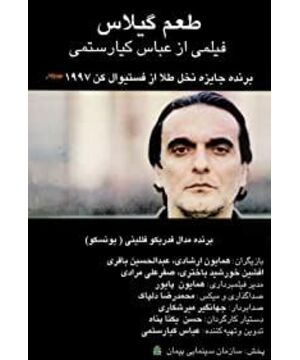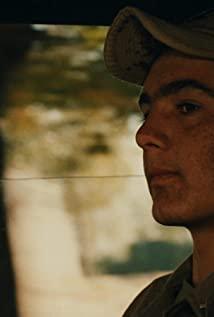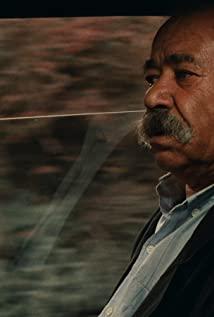To say that the film is divine is an overstatement, and to say it has degenerated into vulgar optimism is an understatement. Abbas's "Taste of Cherries" is not intended to be in a realistic situation to discuss the technical actions of how to prevent suicide, the whole film relies more on the abstract face of a suicidal person (because we never know Bahiid from beginning to end). The reason for suicide, the only message is a name note lacking the referent), drags the audience into a closed contemplative space (carriage) to ask the audience philosophical questions: the meaning of existence, the possibility of free will, the possibility of death home.
In the first half of the film, the suicide person dominates the discourse initiative. This metaphysical wandering soul seeks philosophical disciples in the real world. Unfortunately, people either turn a blind eye to these ultimate issues, or dogmatically apply the classics of the academy; and the turning point lies in the first half of the film. The slamming sound of the three old men getting into the car and closing the car door, his voice came on first, and was always outside the picture, reminding us that the film came to the second half, and a real metaphysics question and answer began. At this time, as part of the ultimate question. The suicidal person of the carrier belongs to silence and is present with a huge hidden tranquility, which means that facing such an ultimate question, the director cannot grasp the so-called correct answer, and the person being questioned only has to face himself chattering endlessly. Abbas opened the question to the audience, and he did give one of the explanations himself, with the long shot of the desolate and warm long-range view, the west-slanting sunlight, the golden and red trees, the mysterious pool, and Stable like the pieces of loess stagnant in time, the natural power from the super ancient times condenses into the taste of cherries, giving a blow to the perception board on the tip of the tongue. But whether such an answer is excellent is a so-called unpublished theory, Abbas is not sure, or that he has no such ambition to achieve in just one and a half hours of video. His purpose is not to answer, but to ask questions. The whole film is like meditative music that guides the audience into spirituality. The winding dirt road is like undulating breathing, soothing and rhythmic.
Therefore, this attitude of questioning determines that Abbas is completely different from the usual cliché dramas full of optimism and life odes, but at the same time it also determines that it does not have the divine depth and charm that many people tout. Because this is not what Abbas expected, or even a myth that needs to be broken. It is clearly stated in the movie that for each individual self, the other can only empathize on the road of reason, but it is difficult to truly feel it. Only by self-examination on the way, the answer to life can be possible to set off its gorgeous inner self. corner.
View more about Taste of Cherry reviews











